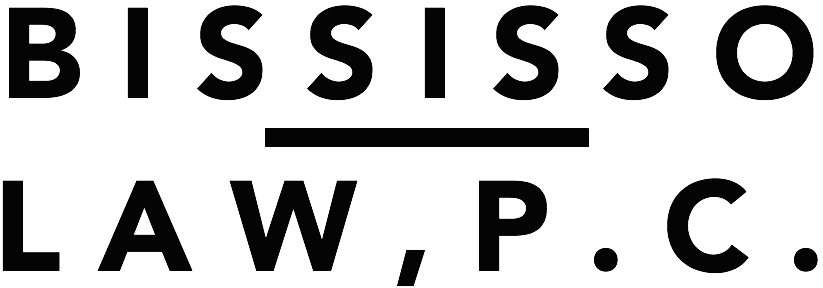Background:
The drunk in public state offense is codified in section 18.2-388 of the Virginia Code. Most counties have their own version of this offense. In Fairfax County, this is found in Fairfax County Ordinance 5-1-1. In Arlington, the offense can be found in Arlington County Code § 17-7. All of these laws make it illegal to profanely curse or swear in public, or to be intoxicated in public.
§ 18.2-388. Profane swearing and intoxication in public.
If any person profanely curses or swears or is intoxicated in public, whether such intoxication results from alcohol, narcotic drug or other intoxicant or drug of whatever nature, he shall be deemed guilty of a Class 4 misdemeanor. In any area in which there is located a court-approved detoxification center a law-enforcement officer may authorize the transportation, by police or otherwise, of public inebriates to such detoxification center in lieu of arrest; however, no person shall be involuntarily detained in such center.
Elements:
1) That the defendant was intoxicated and 2) That the defendant was in a public place
Defenses:
The defenses to this charge usually revolve around creating reasonable doubt as to whether an individual was actually intoxicated. Under Va. Code § 4.1-100, “intoxicated” means a condition in which a person has drunk enough alcoholic beverages to observably affect his manner, disposition, speech, muscular movement, general appearance or behavior. “Public place” means any place, building, or conveyance to which the public has, or is permitted to have, access, including restaurants, soda fountains, hotel dining areas, lobbies, and corridors of hotels, and any highway, street, lane, park, or place of public resort or amusement.
An officer’s testimony about an individual’s appearance alone is not sufficient to gain a conviction. Rather, an officer’s testimony about the individual’s behavior and disposition that is indicative of intoxication is used to prove this element. For example, the officer might testify that he observed the defendant staggering in the street or being unsteady on his feet. Similarly, the officer may testify that the defendant was being loud and disruptive, was swaying back and forth, and that when the officer approached him he noticed that the defendant had blood shot eyes, the odor of alcohol on his breath, and slurred speech. In such an example, the judge might find that the evidence is sufficient. In other cases, the officer may not present sufficient testimony to prove intoxication.
In addition, if an argument can be made that the defendant was not in a public place, or if the officer forgets to mention that he observed the defendant in a public place, the charge may be dismissed. Unfortunately, a defendant’s private property may be considered “public” if it is in open view and visible to the community.
Additional Notes:
-Alcoholism is not a valid defense to this charge.
-The intoxication does not need to be the result of alcohol and can be the result of another drug or intoxicant.
-In Fairfax County and some other jurisdictions, a third conviction within one year raises the crime to a Class 3 Misdemeanor with a maximum penalty of a $500 fine.
-The statute also makes it illegal to profanely curse or swear in public.
Penalties:
Public intoxication/profane swearing under 18.2-338 is a Class 4 misdemeanor in Virginia. Class 4 misdemeanors are punishable by a $250 fine. Even though this is the least serious misdemeanor under Virginia law, it is still a criminal misdemeanor. County codes vary from jurisdiction to jurisdiction with regards to the maximum fine. This is also usually a pre-payable offense, but pre-paying the fine is the equivalent of a guilty plea to the charge. Having a misdemeanor on an individual’s criminal record can have unexpected, adverse consequences.
This is not formal legal advice. For more information, you can contact a Fairfax criminal defense attorney at 703.495.3020.
